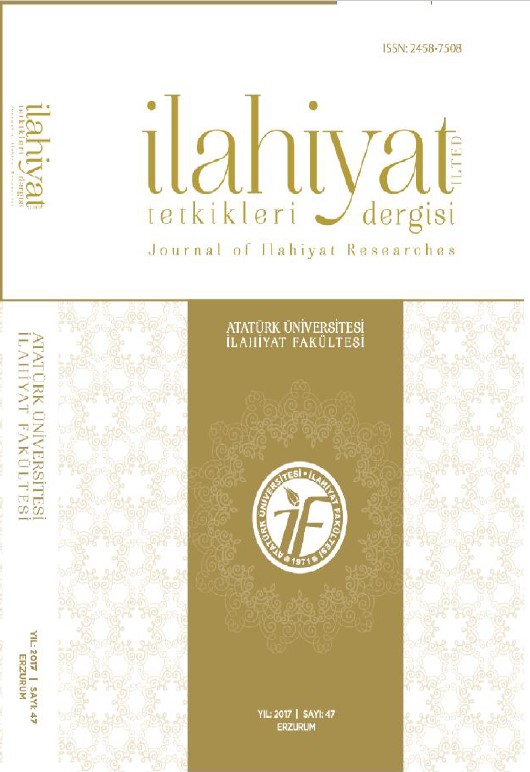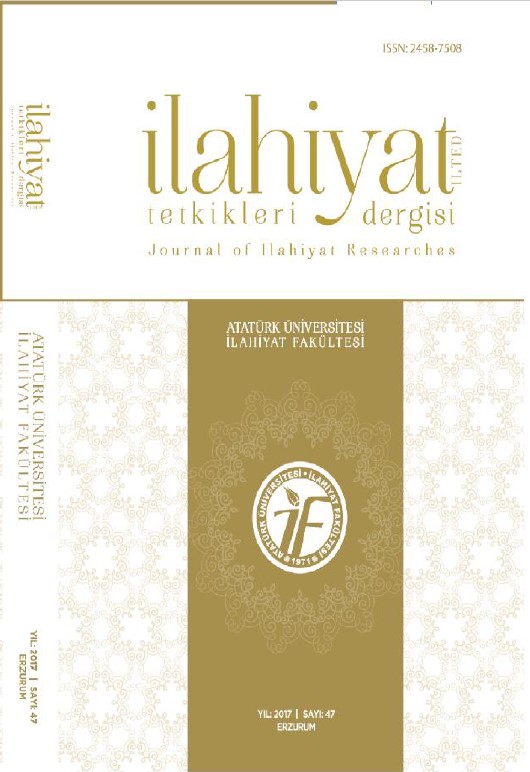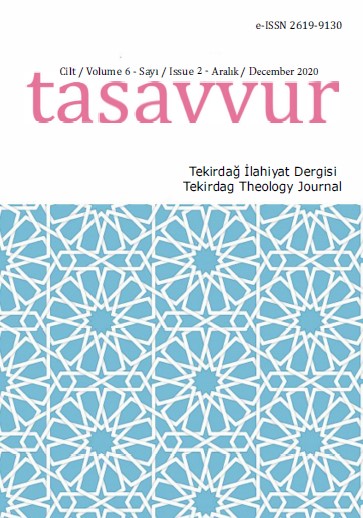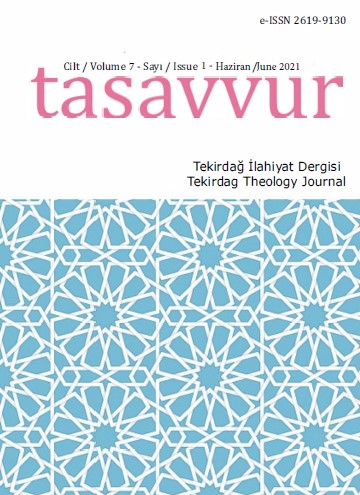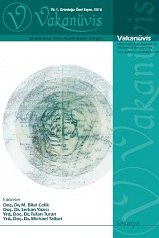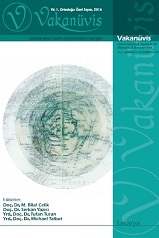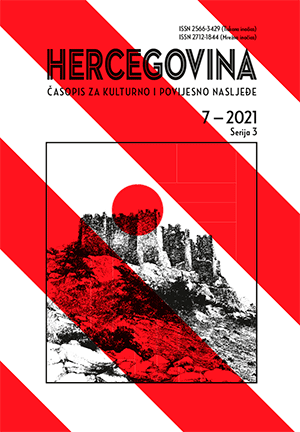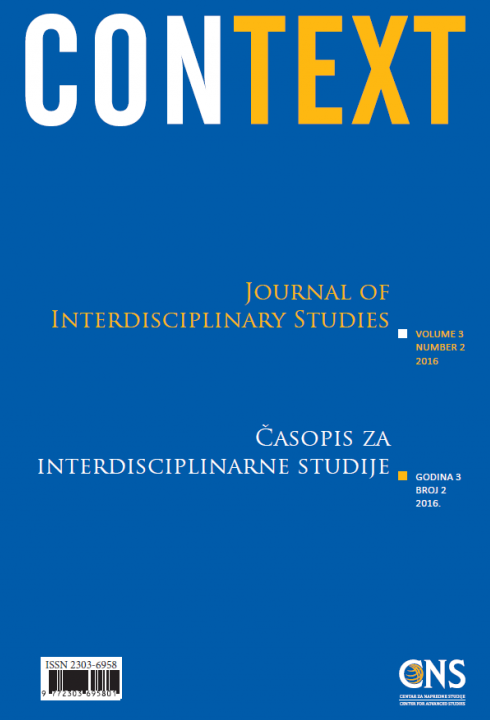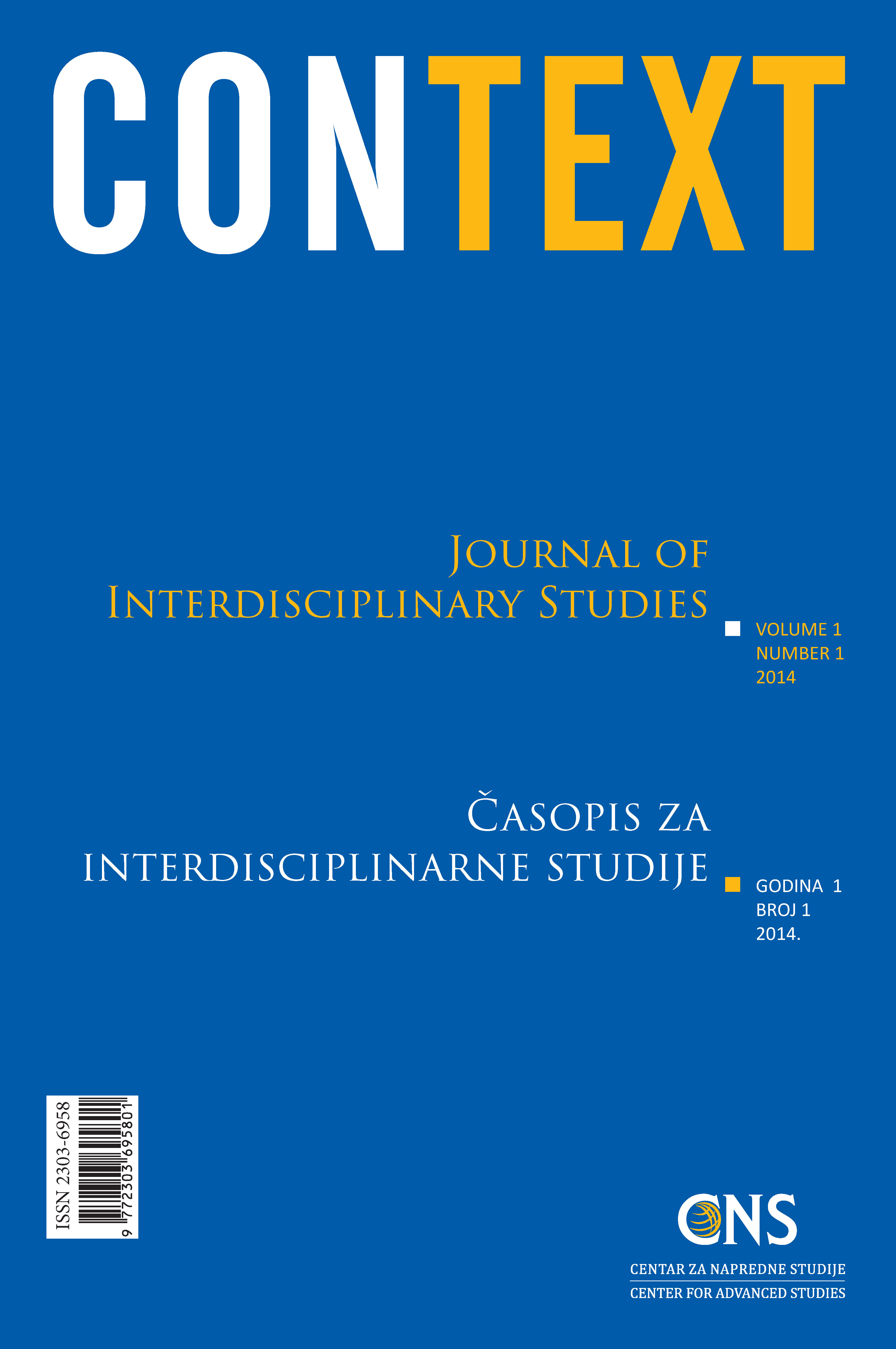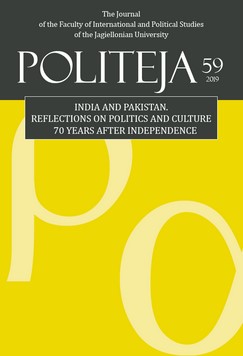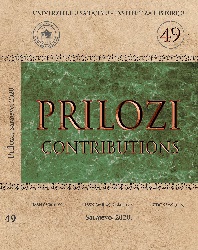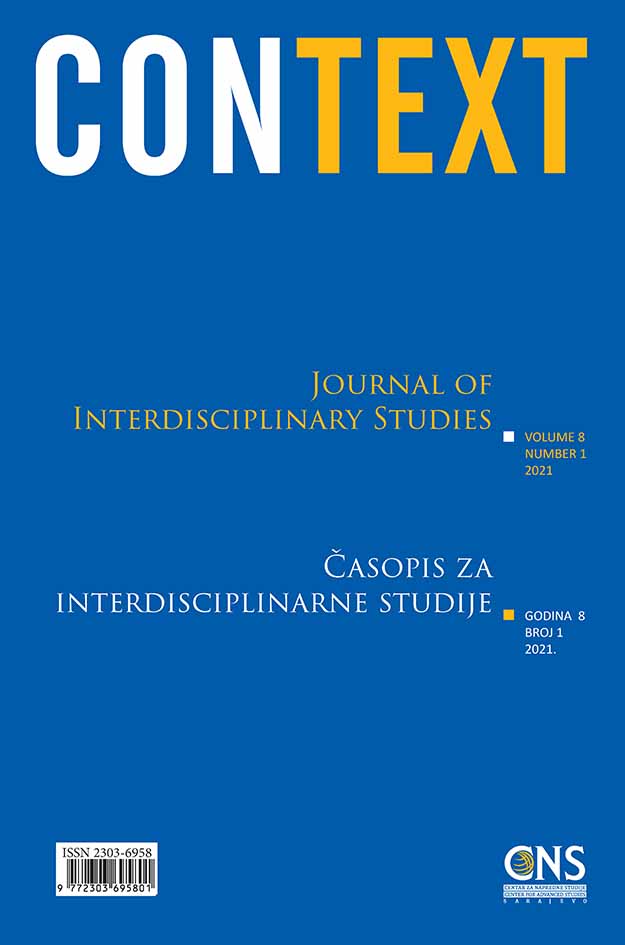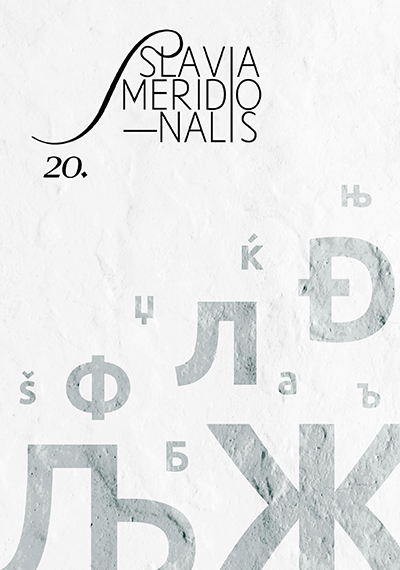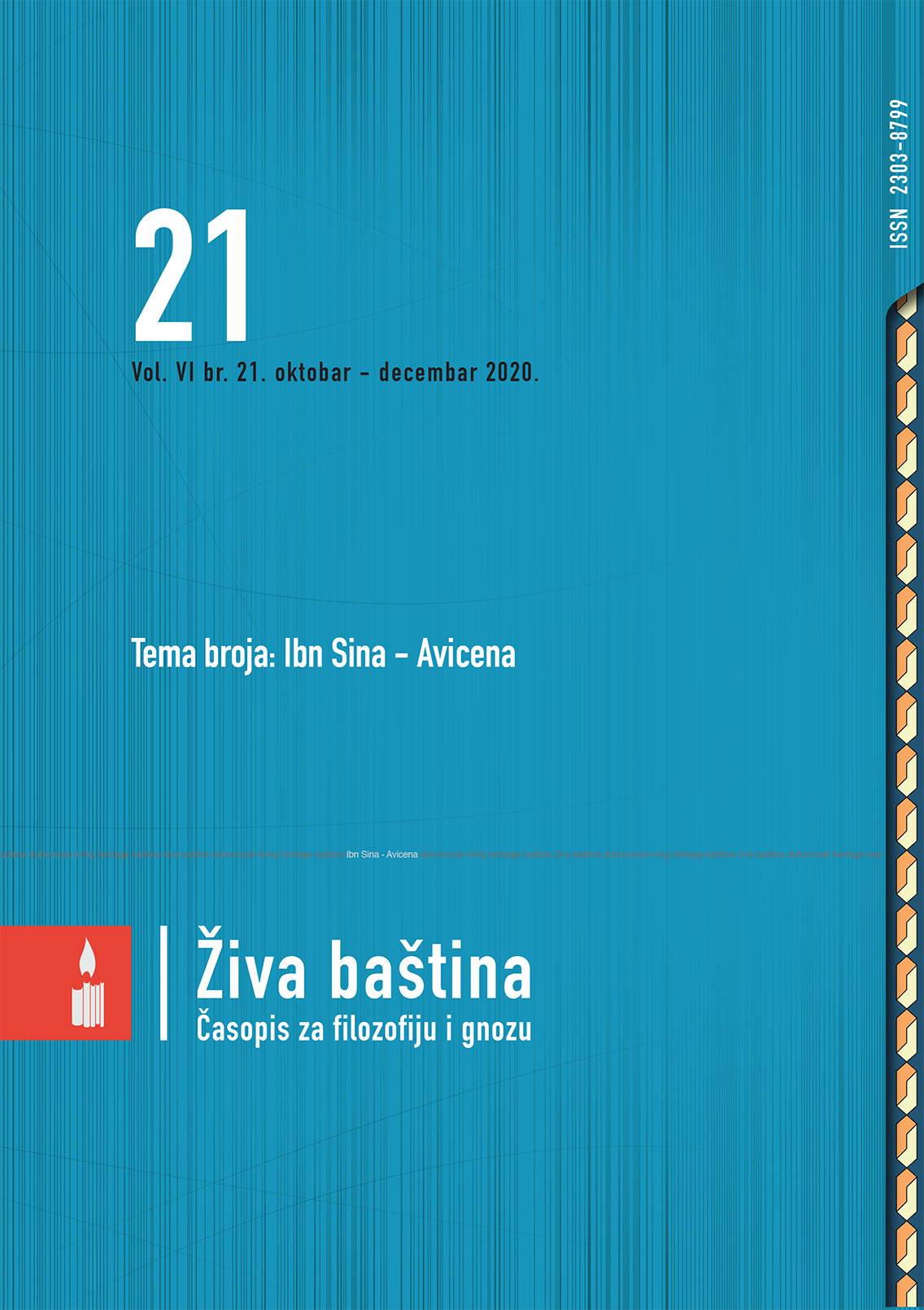
Ibn Sina: Opći pregled
In this paper, which is not cluttered up with numerous footnotes, the author briefly presents the life and work of Ibn Sina (Avicenna) – one of the key figures in Islamic philosophy. At the beginning, main life facts of Ibn Sina and his main works are noted. After that, the author discusses the philosophical point of view of this intellectual who belongs to the very top of peripatetic philosophy. Then he analyses Ibn Sina’s views pertaining to logics, language, metaphysics, cosmology, psychology, natural philosophy, medicine and pharmacology. In the end, the author briefly presents the impact which Ibn Sina made on both the East and West.
More...
